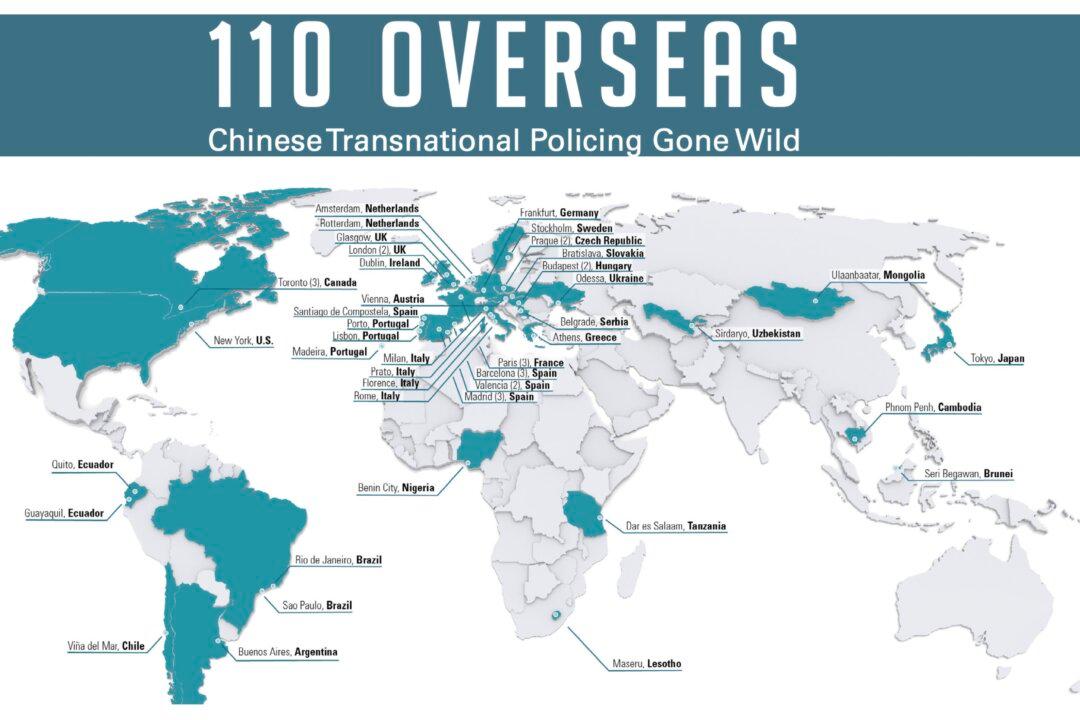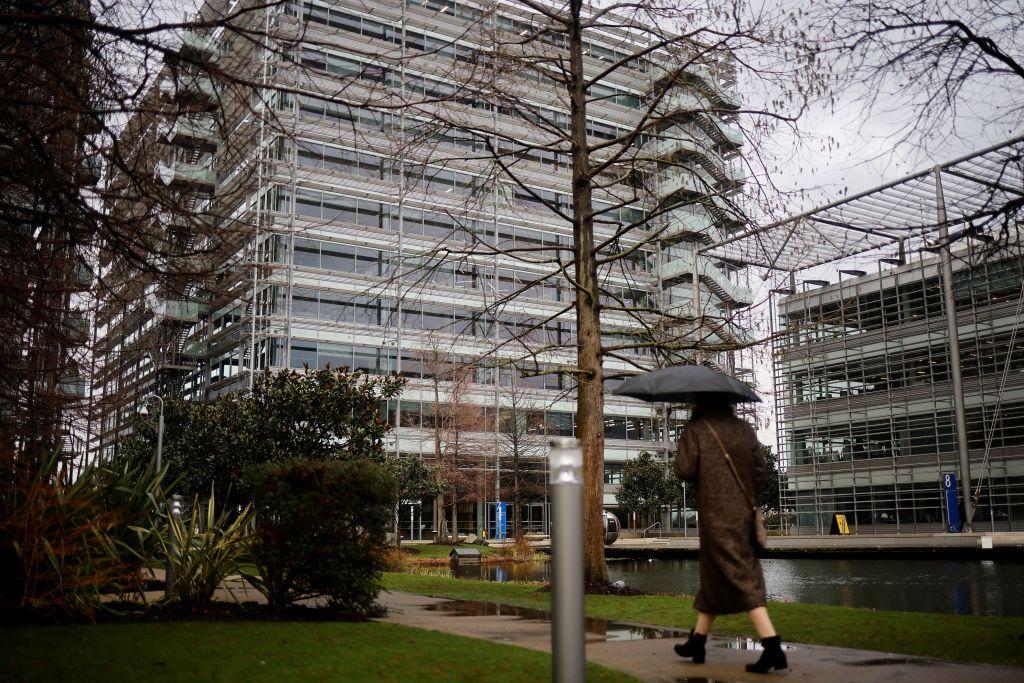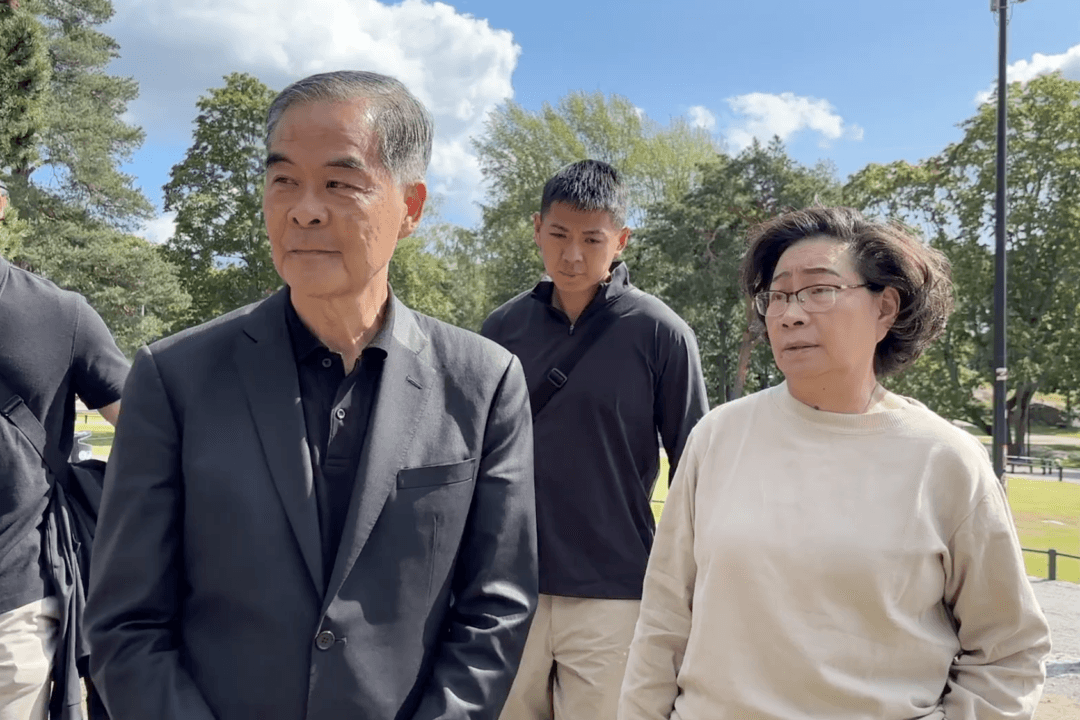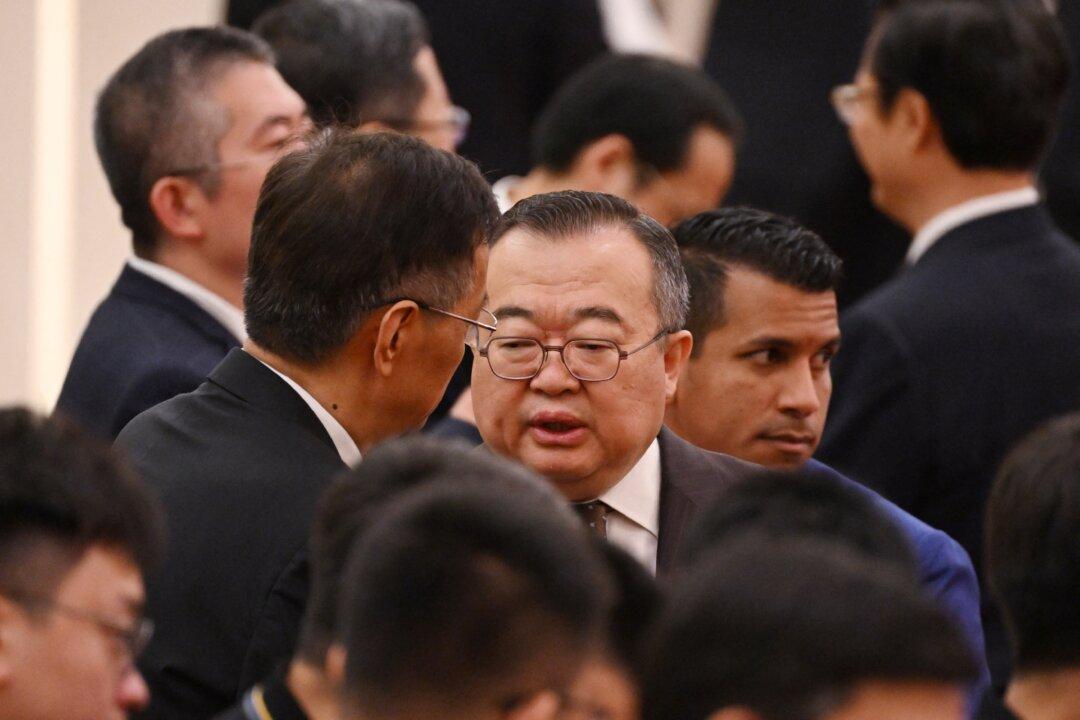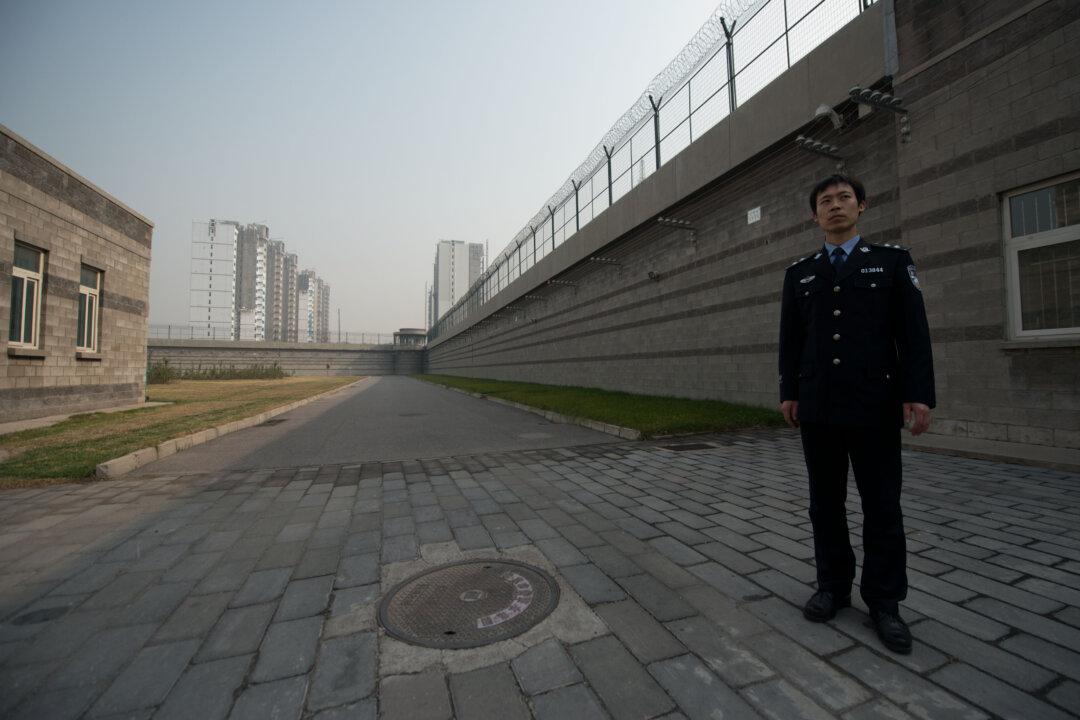Commentary
Few people could have missed the revelation from Safeguard Defenders that local Chinese police are running overseas police “service stations.” Over the past month, local media outlets have been investigating the illegal centers, and more and more remarkable information is being revealed weekly.
